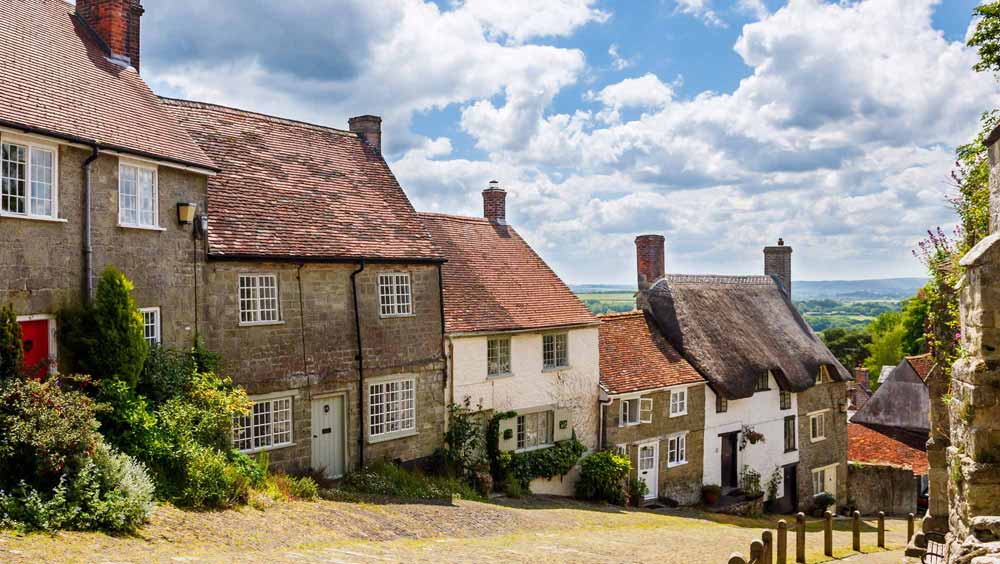The differences between a buy to let (BTL) mortgage and holiday home mortgage can sometimes be a little confusing.
Here is a quick overview of the difference between the two forms of borrowing.

Buy to let mortgages
Buy to let mortgages have been around for quite a while now. They are mortgages that enable you to buy a residential property (house/flat etc) that you can then let to tenants.
The tenants will occupy the property as their main residence. Usually a formal letting agreement called an Assured Shorthold Tenancy (AST) will be used. The rent will be a fixed weekly/monthly amount that will be reviewed from time to time.
You can employ a letting to help look after the property or you could choose to do this work yourself.
When applying for a buy to let mortgage the lender will look at the applicants and also the property and its suitability as an investment. A rental calculation will be used where the proposed rent determines the possible mortgage amount.
Location is generally not a factor for the lender providing that the valuer agrees with the purchase price/value and the expected rental income.
Mortgages can be set up as repayment or interest only. The interest rates can be fixed, tracker etc.
You will need to have buildings insurance in place and contents cover if you provide furnishings.
The mortgage agreement will state that the property should be let to paying tenants and that you cannot live in the property yourself. It is possible to change a buy to let property into your main residence but you will need the lenders consent to do this.
You can deduct the running costs and certain maintenance costs from the rent income when assessing personal tax. However, you cannot deduct the full amount of mortgage interest anymore. Please seek tax advice regarding how this may affect you.

Holiday let mortgages
While the concept of letting a property out as a holiday home is well established the mortgage market for them is not as advanced. Buy to let is far better understood by people as it has been around for much longer and there is a mature UK lending market.
The good news is that holiday letting is catching up and each year more lenders add holiday let to their lending portfolio.
Short term rental mortgages are used to purchase or remortgage residential properties that will be commercially let to holiday makers and short term rental occupants.
AST’s are not used or needed. The tenants will be there for a short time only and do not have any rights to claim the property as their home. Also the rent is paid in advance so no worries about rent arrears!
You may choose to use a letting agent or to do this work yourself.
When applying for a holiday let mortgage the lender looks at the applicants and the property. The applicants need to have a good credit position and a regular (provable) income of £20,000pa or more.
The lender is very interested in the property, its location and its potential as a holiday let. They will look to the local market and assess the viability with the assistance of the valuer. The potential rental income figures will normally be provided by a local holiday letting agent who will give the possible rents for low, mid and high seasons.
Again, the mortgage amount is determined by a rental calculation. However, if the loan comes up short then it is often possible to utilise some of the applicants excess income to top up the calculation thus increasing the amount offered.
Holiday let mortgages are often personally underwritten rather than just being pushed through a lenders computer system. This will allow the lender to get to know you and provide some bespoke criteria decisions if the lending proposition is good quality.
Mortgages can be set up as capital and interest (repayment) or interest only. Interest rates can be fixed, tracker etc.
The holiday let remortgage market offers many options to remortgage and improve your interest rates.
You will need to have specialist buildings insurance in place plus contents cover as holiday lets are always fully furnished.
The mortgage agreement will state that the property can only be used as a holiday let. It is not possible to change this to a buy to let without the lenders consent. Likewise for changing it to your main residence.
Holiday let mortgages are unaffected by the unpopular Section 24 changes that now prevent personal buy to let landlords from deducting the full cost of their mortgages from the gross rental income.
Holiday letting is classed as a business and you can deduct all running costs. We would always recommend that you seek tax advice from an adviser who is experienced with holiday lets.

2006
We have been providing specialist advice for UK holiday lets since 2006. There’s not much we don’t know or haven’t seen before!
When you are ready please give us a call.
Author: Mark Lanario

The UK’s leading broker for holiday let mortgages since 2006